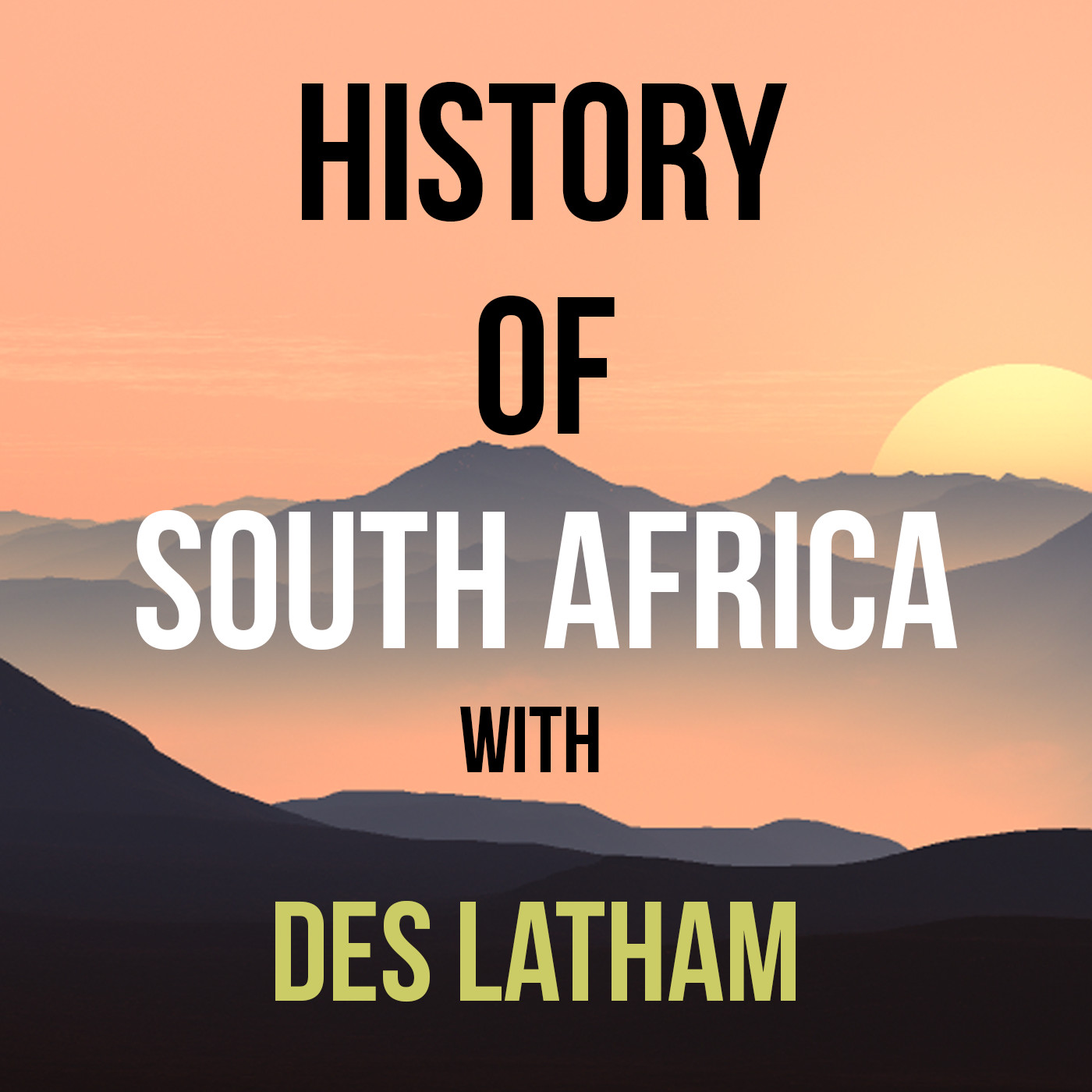- History
- SEE MORE
- classical
- general
- talk
- News
- Family
- Bürgerfunk
- pop
- Islam
- soul
- jazz
- Comedy
- humor
- wissenschaft
- opera
- baroque
- gesellschaft
- theater
- Local
- alternative
- electro
- rock
- rap
- lifestyle
- Music
- como
- RNE
- ballads
- greek
- Buddhism
- deportes
- christian
- Technology
- piano
- djs
- Dance
- dutch
- flamenco
- social
- hope
- christian rock
- academia
- afrique
- Business
- musique
- ελληνική-μουσική
- religion
- World radio
- Zarzuela
- travel
- World
- NFL
- media
- Art
- public
- Sports
- Gospel
- st.
- baptist
- Leisure
- Kids & Family
- musical
- club
- Culture
- Health & Fitness
- True Crime
- Fiction
- children
- Society & Culture
- TV & Film
- gold
- kunst
- música
- gay
- Natural
- a
- francais
- bach
- economics
- kultur
- evangelical
- tech
- Opinion
- Government
- gaming
- College
- technik
- Jesus
- Health
- movies
- radio
- services
- Church
- podcast
- Education
- international
- Transportation
- Other
- kids
- podcasts
- philadelphia
- Noticias
- love
- sport
- Salud
- film
- and
- 4chan
- Disco
- Stories
- fashion
- Arts
- interviews
- hardstyle
- entertainment
- humour
- medieval
- literature
- alma
- Cultura
- video
- TV
- Science
- en
Episode 118 - Voortrekkers cross the Orange River carrying ancestral blood from the orient

Hark! What sound breaks the inscrutable silence of the immense African veld?
\n
\nDozens of wagons, which would become hundreds.
\n
\nTrundling along at about 5 miles a day, the Voortrekkers were leaving the Cape for their promised lands - albeit yet unidentified. This was a case of being pushed out at least in their minds - culturally, ideologically, fundamentally, they felt they did not belong in the Cape and the Karoo, they had been alienated in the land of their birth by the dreaded English.
\n
\nThese initial trundling wagons were the first major parties of Boers under Andries Hendrik Potgieter and Charl Celliers - aka Sarel.
\n
\nWe\u2019re going to travel with these men and women, and also join African leaders like Moshoeshoe, Mzilikazi and Dingane, as they watched the approach of heavily armed and well organised settlers. Some of these regents saw the Boers as a threat, others as an opportunity.
\n
\nAndries Hendrik Potgieter was a resolute and single-minded farmer from the Cradock District in the Eastern Cape who had decided to leave with a group of extended family, neighbours and friends - 40 men and boys, about the same number of women and girls, more than a hundred Khoesan slaves all aboard more than 50 wagons.
\n
\nIt was December 1835 when they crossed the Orange River, joined in a while by Charl Celliers\u2019 trek party which included 25 men, attenuated by the arrival of Caspar Kruger\u2019s small section - the one in which a very young Paul Kruger travelled.
\n
\nThese two parties had crossed the Orange River separately, and it wasn\u2019t a crossing for the faint hearted - the river was flooding and the horses and oxen swam to the northern bank as the wagons and the trekkers and their other goods managed to float across on rafts made of the willow trees that grow along the banks.
\n
\nAs the women stepped onto the northern side, they began to sing hymns, here they were arriving on the hallowed land that they\u2019d been hearing about for years. They had left the hated English behind, anything was better than that.
\nMore fuel was thrown on the fire of bitterness when word filtered through to the frontier Boers that the English had fibbed about the compensation that was going to be paid to former slave owners after emancipation - less than half of the 3.4 million pounds worldwide was now available, and the British had put a price of 73.9 shillings on each slave.
\n
\n73.9 shillings and 11 pence to be precise.
\n
\nThat\u2019s about 10 rand in today\u2019s currency - a lot of money in 1835 - but almost insulting isn\u2019t it? Ten bucks for a human. The Boers thought so too - they regarded their slaves as far more valuable than a measly 73.9 shillings and 11 pence and were outraged.
\n
\nSo no compensation for the war, then what of their slaves?
\n
\nSlavery was banned in December 1834 as you heard, and the slave owners were supposed to be compensated but here was London, reneging on another promise. The British government said that all compensation would only be paid out in England - and Glenelg rejected an appeal from the Cape that payments be made locally. How was that going to work, most of the Boers never travelled to Cape Town, let alone to London?
\nThey were brought to the Cape from the first days of the VOC back in 1652. Most were southeast Asian Catholic converts from the island of Ambon, and soon this phrase, Merdeka, came to mean any creole mixed race person, or free black.
\n
\nJust to add a layer of irony here because this is South African history, the first known Merdeka to the Cape was Anthony de Later van Japan who was actually from Japan, and eventually freed along with his wife Groot Cathrijn van Bengale. She was from a region of modern day Bangladesh. Anthony de Later van Japan\u2019s foster parents were Japanese slave owners Johan van Nagasaki and Johanna van Hirado. Anthony it is thought was a child surrendered as debt bondage back in Japan.